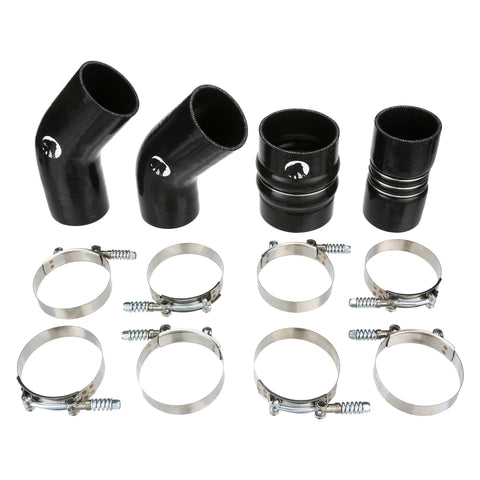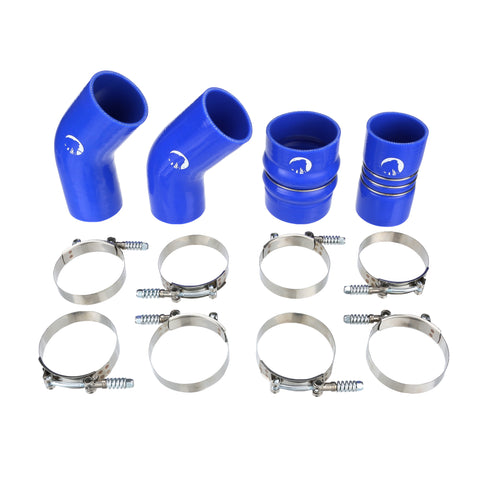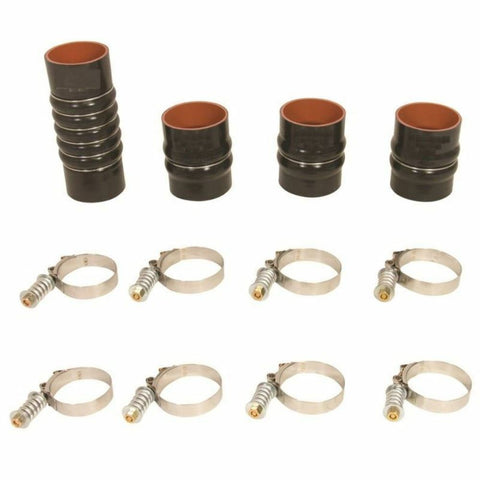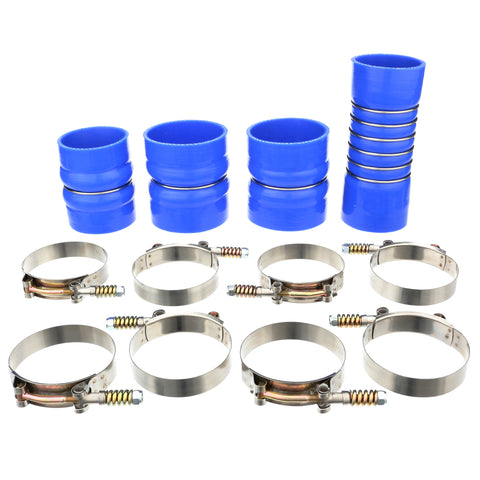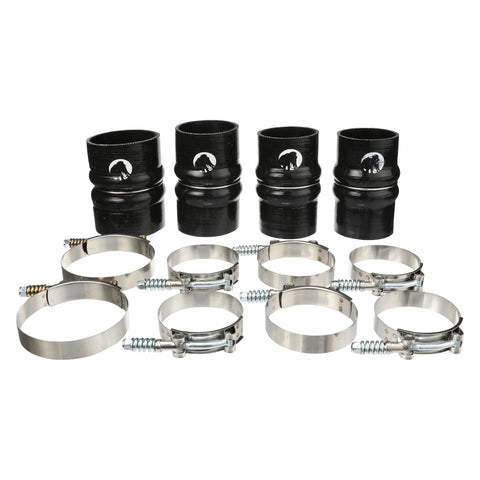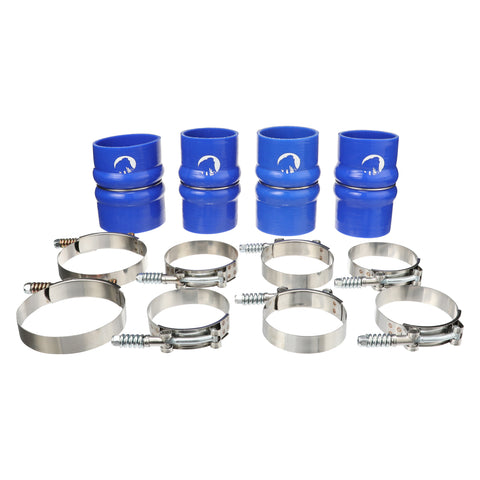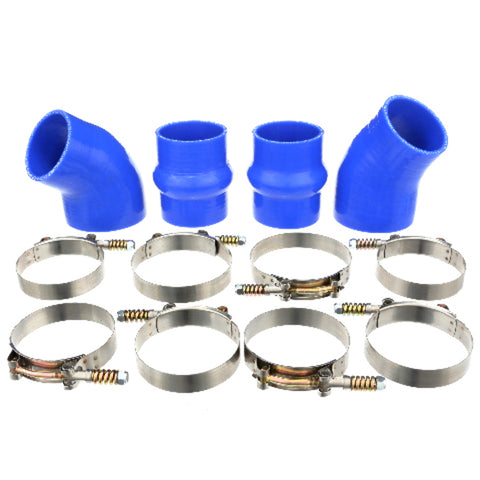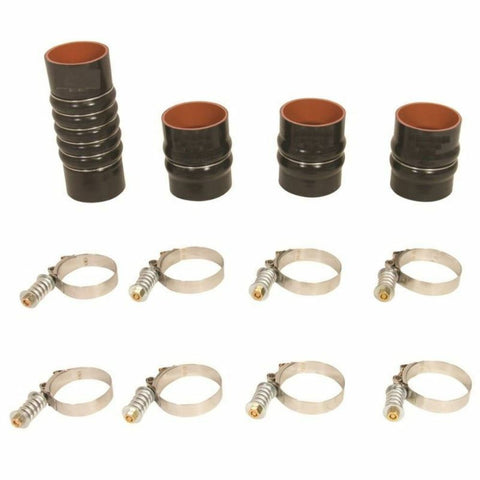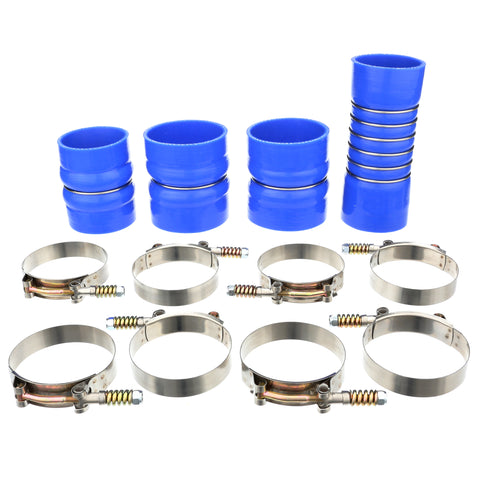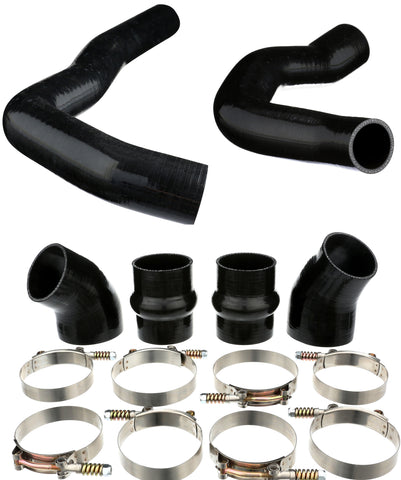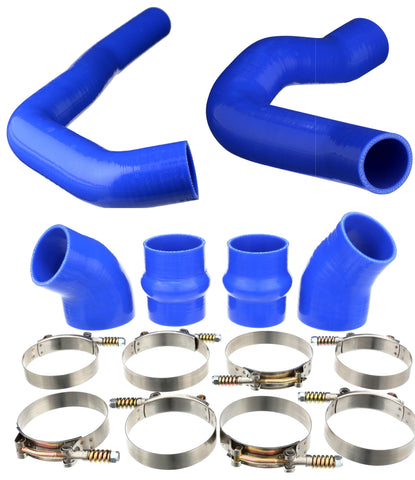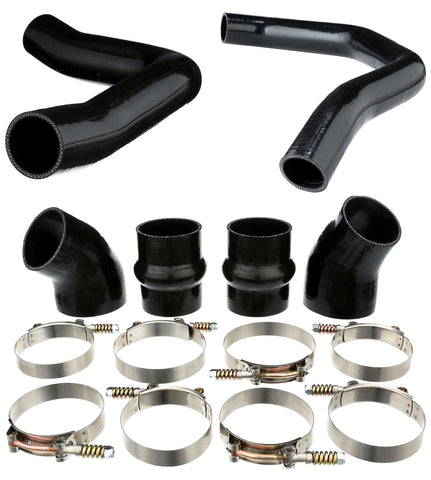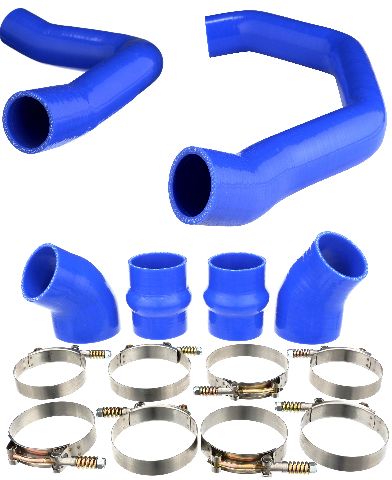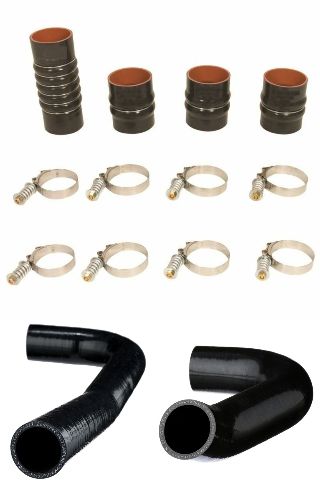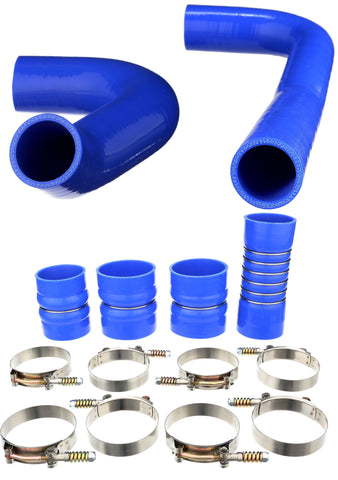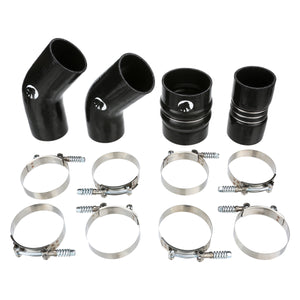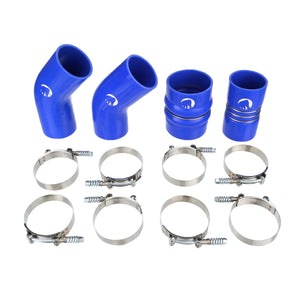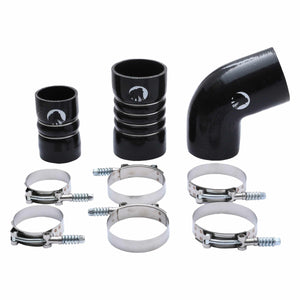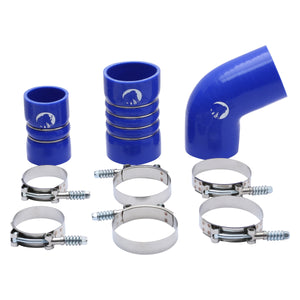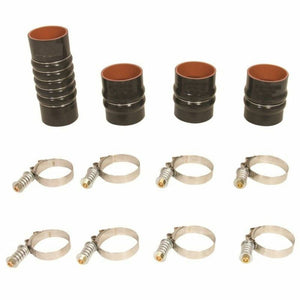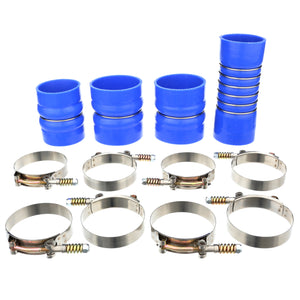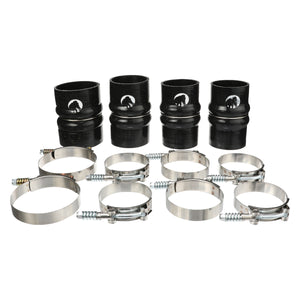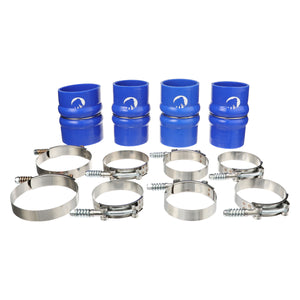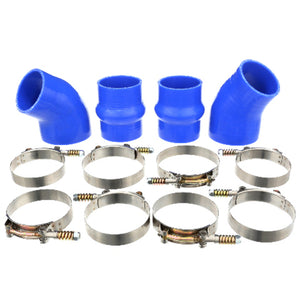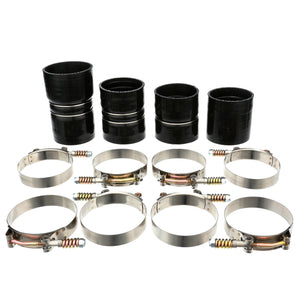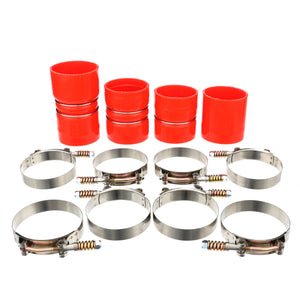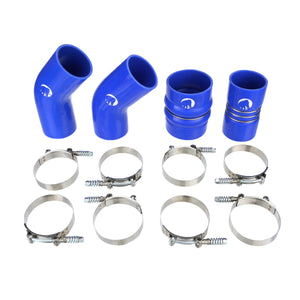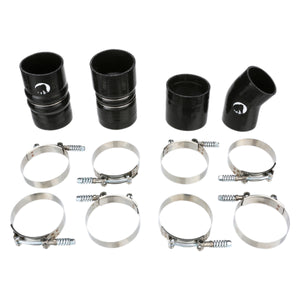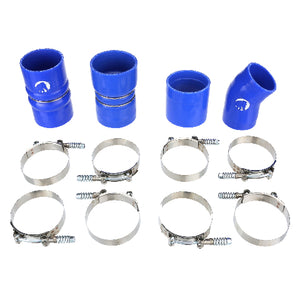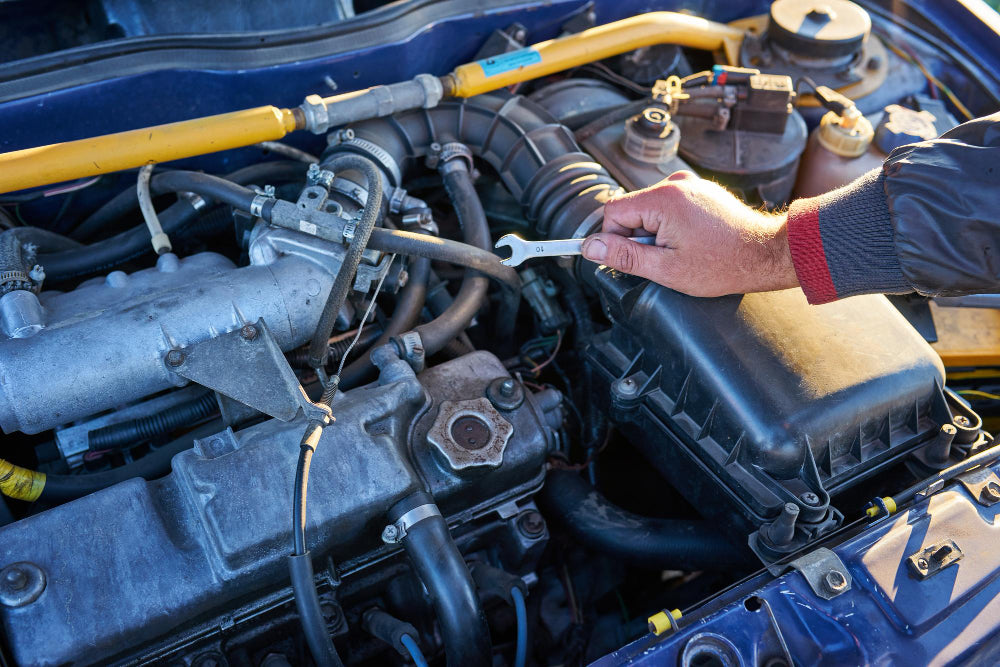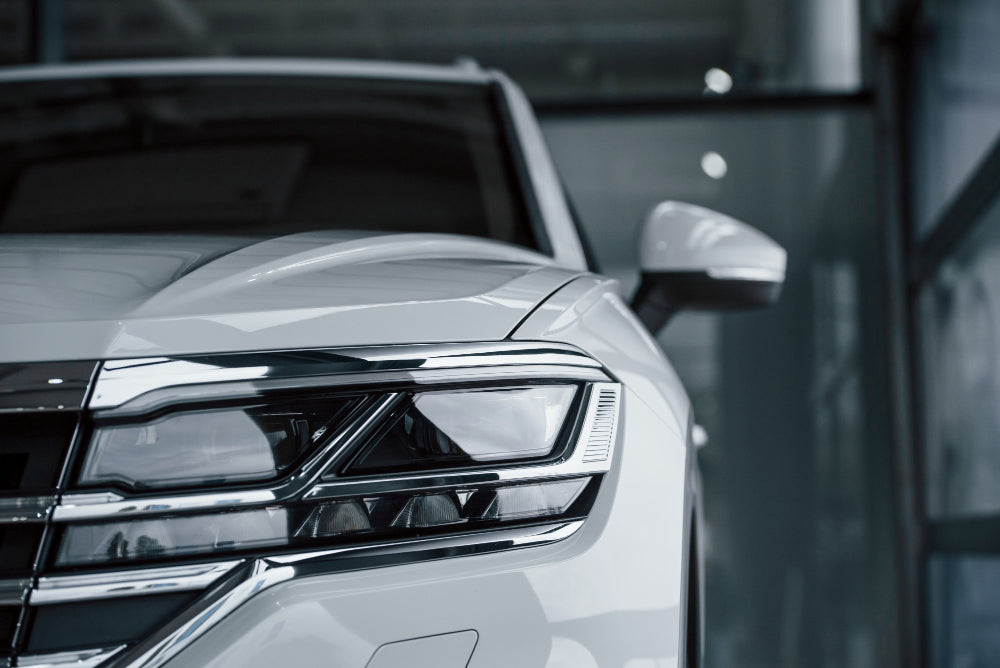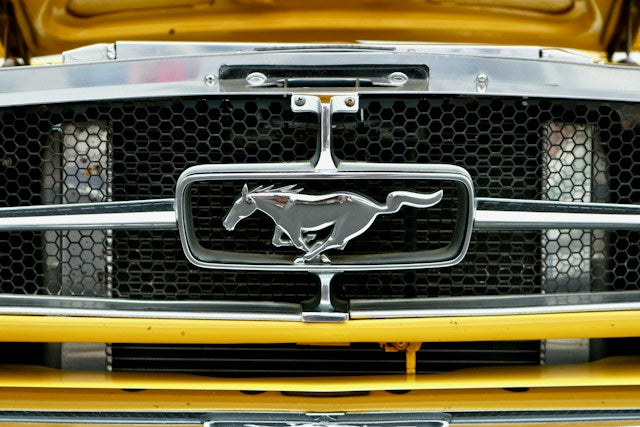Bad Intercooler Symptoms

Table Of Contents
Intercoolers are essential components that help improve a forced-induction engine’s performance. An intercooler is a key component that cools compressed air from a supercharger or turbocharger before it enters the engine. Cooling the air reduces the chances of the engine knocking and allows a richer air-fuel mixture to enter the engine, enhancing power output. This helps improve the vehicle’s power and performance.
Like any other car component, intercoolers are susceptible to damage and failure over time. This article examines bad intercooler symptoms and what a person should look for to prevent further damage to the system and the engine.
- Decreased Engine Performance
A major sign of a damaged intercooler is reduced performance. Compressed air from the turbocharger/supercharger leaks out when the intercooler is faulty, reducing the pressure as air is fed to the engine. It, in turn, leads to the car getting sluggish and an overall loss of power when driving.
- Overheating Engine
You might also notice that the truck’s engine is prone to overheating if the intercooler is damaged. Compressed air from the turbocharger or supercharger can get extremely hot before reaching the intercooler.
A bad intercooler does not sufficiently cool the air before feeding it into the engine. When hot air gets into the engine, it can lead to elevated engine temperatures, which can potentially cause the motor to overheat.
- Slow Acceleration
Additionally, a faulty intercooler can cause the car to have slow acceleration at high speeds. When an engine’s intercooler starts malfunctioning, its engine is bound to overheat, which reduces performance and overall power output.
- Engine Light Warning
Another symptom of a bad intercooler is an illuminating check engine light. The check engine light might also turn on when the motor overheats to prevent potential engine damage. Additionally, the engine’s temperature gauge might show that it is overheating.
However, the check engine light warning can indicate other potential car motor issues. The best thing to do is to take it to a professional mechanic or auto repair shop and have it diagnosed. Performing a DIY repair may only exacerbate the problem.
- Excessive Smoke Coming from the Exhaust
It is also important to watch out for a smoking exhaust. In some cases, faulty intercoolers may cause oil and coolant to leak into the intake system and the combustion chamber. When this happens, an engine can produce excessive smoke from burning impurities and chemicals in the coolant and engine oil.
Additionally, a leak from the intercooler can cause the exhaust to be a different color. A white smoke from the exhaust might indicate that the coolant leaked into the combustion chamber. Likewise, blue smoke might indicate that the engine oil leaked into the motor through the intercooler.
- Weird Sounds Coming from the Intercooler System
Another symptom of a failing intercooler is hearing weird and abnormal sounds. Some common noises include rattling, whistling, and hissing under the hood. This may indicate a loose connection, internal component damage, or a leak within the system.
On the bright side, a thorough inspection can help tighten any loose hose connections. However, you should take the car to a mechanic if you notice damaged parts or leaks in the intercooler.
- Boost Pressure Issues
Intercooler leak symptoms may also include loss of boost pressure. If a connection is loose or the intercooler malfunctions, compressed air can escape from the intake system. Thus decreasing power output.
- Drop in Fuel Efficiency
Likewise, a car’s fuel efficiency drop can also signal a bad intercooler. As previously stated, the intercooler cools compressed air from a turbocharger/supercharger as it enters the engine’s intake. This process ensures a rich air-fuel mixture for combustion.
However, a leaking intercooler prevents the compressed air from reaching the engine. It reduces the air available for combustion. The engine starts using more fuel for combustion, leading to a reduction in fuel efficiency.
- Visible Damage to Intercooler System
Lastly, visually inspecting the intercooler can help show if there are any damaged components. During the inspection, someone should check for cracks, deformed hoses, or a loose connection. Additionally, leaks and damage to intercooler components can also be visible.
Final Thoughts
The intercooler system plays a crucial role in ensuring a vehicle performs optimally. The best way to ensure your intercooler is working is to inspect any damages, leaks, or loose connections thoroughly.
One way to know if a car's intercooler is faulty is if the engine has reduced performance, an overheating engine, or an illuminating check engine light. Also, weird sounds from the intercooler can indicate this.
Other symptoms of a bad intercooler include excessive smoke coming from the exhaust and poor fuel efficiency. Also, a drop in boost pressure or visible damage to the system. Regular car maintenance, including the intercooler system, can ensure efficient operation. If parts like hoses are damaged, you should replace them as soon as possible.
Mammoth Performance provides quality intercooler boot kits and radiator hoses that are bound to enhance the operation of your vehicle’s intercooler.


